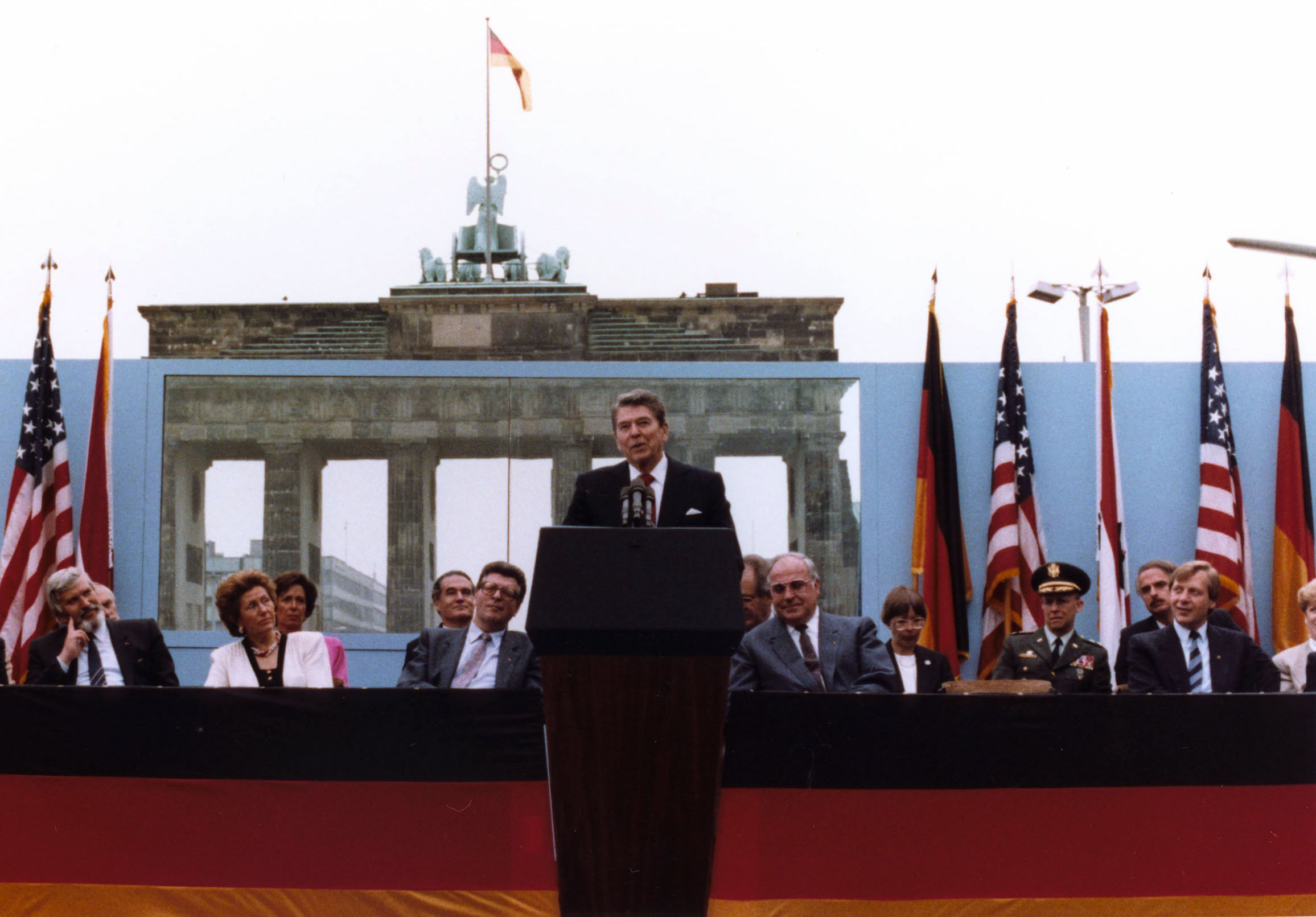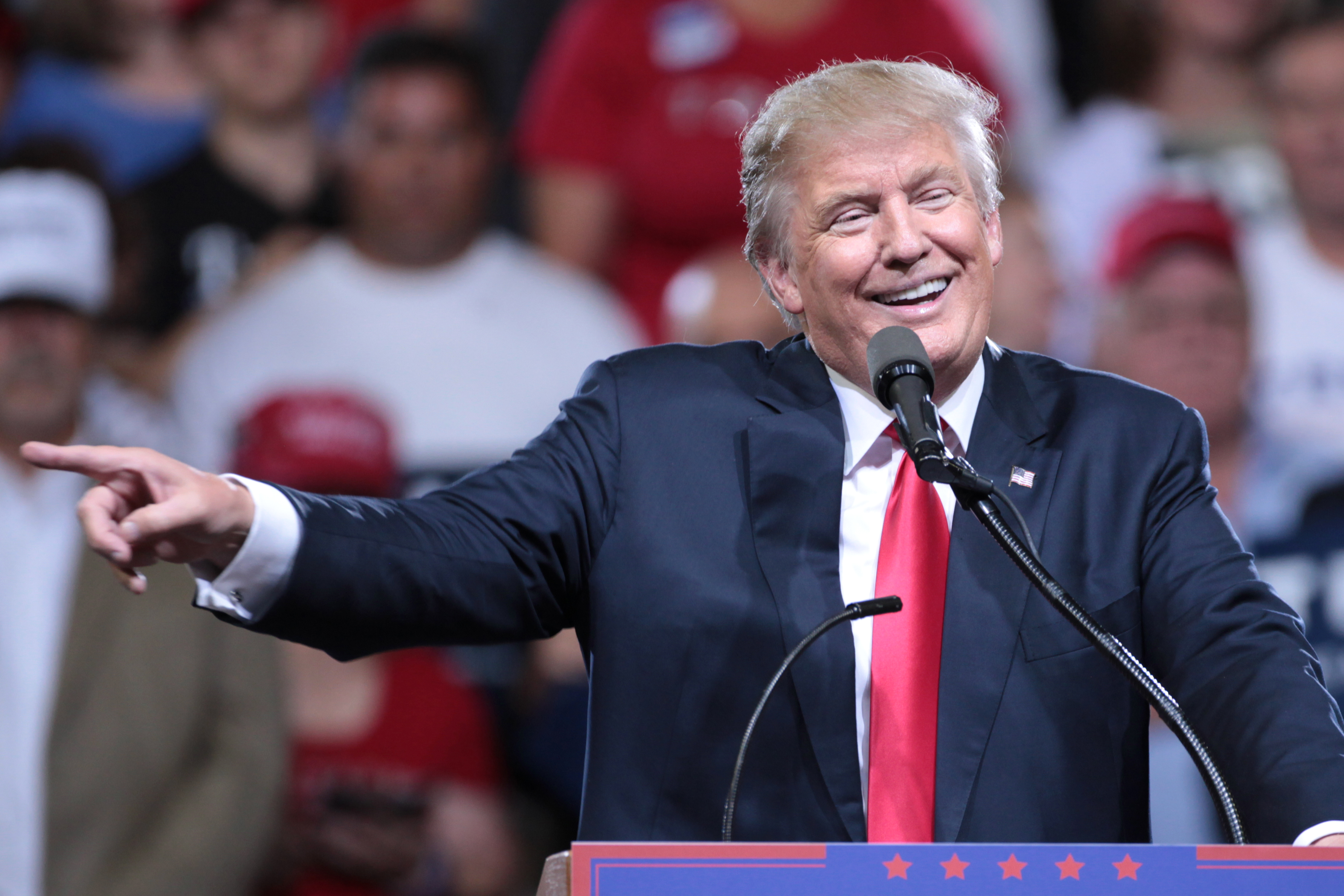
Politics & Society
What does strong political leadership in Australia look like?

When historians look back on today, the central question will be why the seeming triumph of democratic liberalism after the Soviet collapse was so quickly lost
Published 22 August 2018
When future historians look back at our current times how will they define it?
Perhaps they’ll see it as a time of geopolitical shifts spurred by the rise of China, or maybe a period of fast technological change driving social and economic upheaval.
They might instead focus on the populist dislocations now battering liberal politics and name it the Era of Trumpism.

But when future historians join the dots from a vantage point of fifty or hundred years from now, they are likely to ponder a central question:
How did the Western liberal world – less than 30 years after declaring itself unassailable as the vanguard of global progress following communism’s collapse – find itself in serious retreat from its own core tenets?
That the West is now in what I call an ‘Age of Retreat’ is evident in the way it is turning back from its own aspirations; in the barricades it is putting up behind it; and in its intensifying nostalgia for past certainties.

Politics & Society
What does strong political leadership in Australia look like?
When the Soviet Union collapsed in the early 1990s, the West predicted that democracy and free market systems would spread triumphantly across the globe to fill the vacuum left by communism.
In this post-communist world (where everyone was now a democratic citizen and a free marketeer) it was believed that both democracy and the free market would function more optimally than ever before.
Today, nothing could be further from the truth.
Rather than becoming a gold standard around which 21st century political systems should be organised, Western-style democracy worldwide is now in various stages of retreat.

Nations, like Poland and Hungary, for example, that threw off autocratic shackles and embraced democracy in the 1990s are retreating into quasi-authoritarian rule where free speech is curtailed, elections tainted and human rights abused.
More significantly, in core West democracies like the United States and Australia, democracy’s credibility among its own citizens has fallen to historic lows according to surveys.
Democracy’s emerging legitimacy crisis is underlined by survey evidence that younger generations across the West are looking increasingly favourably upon authoritarianism as a more ‘effective’ way to manage the 21st century.

Politics & Society
Liberal Democracy: Why we may be losing it
Liberal free markets, on the surface, may seem more progressive than ever in terms of empowering individual freedom and choice. But underneath lies the growing ascendency of digital-driven ‘surveillance capitalism’.
In effect, citizens are being reduced to ‘data factories’ whose private movements, thoughts and behaviour are covertly stalked and monetarised into ‘products.’
As a result of this Orwellian turn, markets are shattering individual privacy and autonomy – both cornerstones of Western liberalism.
The primacy of the individual is likewise regressing in terms of the economic opportunities open to people. Across Western market economies, social mobility – a key marker of individual progress – has stalled or gone backwards over the past three decades.

At the same time levels of wealth disparity have accelerated since the Global Financial Crisis of 2007-09, and increasing numbers of Western citizens are being locked out of economic growth.
Significantly, America – once the epicentre of ‘opportunity for all’ – is now regressing into an economic caste system.
The advent of the internet – alongside the spread of democracy and markets – was hailed as the torch-bearer of Western values in the 1990s. Its unprecedented capacity to connect and inform led many to predict it would enrich political and social debate, creating more respectful deliberation and generally drive a far more vibrant and inclusive public sphere.

Politics & Society
A new model for public policy?
Yet, the dream of a digital eco-system that represents the best of Enlightenment ideals is effectively dead.
Instead, by monopolising control of it, a handful of tech titans have profoundly reversed the internet’s promise, turning it into a stamping ground for anti-science, hate-based tribalism and fake news.
The second form of retreat sees the West constructing a succession of walls to barricade itself from the world. President Trump’s ambitions to build a physical wall to barricade the US from Mexico is already mirrored in the wire fences that now snake their way around Europe’s eastern borders.
But these walls are also economic, taking the form of increased protectionism.

They are also cultural, reflecting the growing support for anti-immigration and white-centric racism, particularly in Europe.
The third retreat is psychological.
Western politics is increasingly characterised by the rise of extreme right-wing parties evoking the language of ultra-nationalism. An analysis of European elections suggest support for radical right parties is now the highest since the collapse of communism.
Beneath this rise is a mental retreat that hankers for the ‘lost paradises’ of last century as a refuge from a disorientating present.
All this isn’t to say progress hasn’t been made. The spread of democracy since the 1990s has disseminated values of freedom and choice. But any clear-eyed view reveals a West increasingly defined by seismic reversals, not advances.
Given tens of thousands of scientists across the world have felt the need over the past two years to march in support of rational thinking and fact-based evidence, it is difficult not to be concerned that we are retreating into a form of De-Enlightenment.
And when the US elects a President who personifies liberalism’s new Dark Ages, that retreat looks to have gone mainstream.
The reason for the West’s unravelling in such a short space of time may not appear to lend itself to easy explanation. But perhaps the reason might be deceptively simple.
Democracy and free markets evolved in the 18th and 19th centuries to steer society through a far less complex, far more predictable economic and political world than today’s.
Rapid accelerations and disruptions in the scale, speed and complexity of contemporary life over the last 20 years have challenged many of the baseline assumptions that democracy and markets rely on to organise and steer the world according to ‘liberal’ values and practices.

Business & Economics
Taking on big tech: Where does Australia stand?
Maybe, as Western democracies in particular struggle to decipher and organise the ‘new normal’ of a fundamentally changed and more complex 21st century world they cannot help but retreat into illiberalism.
If this is the case then The Age of Retreat is an urgent wake-up call.
It tells us we need to fundamentally rethink and re-tool our democratic and market systems if they are to again advance liberal practices and values.
Democracy needs to give citizens a bigger, more direct say in public policy making, and in this way restore engagement and legitimacy. Free markets need far more proactive intervention to aggressively tackle corrosive inequality. Internet giants need to be broken up so the digital sphere is re-opened to more players and more competition.
The alternative is a Western world that, far from being a bastion of progress, becomes increasingly a reactionary and retreating garrison of disillusion.
Dr Mark Triffitt is a former political and policy advisor to governments and corporates.
Banner Image: Right-wing demonstrators hold a rally supporting gun rights and free speech on August 4, 2018 in Portland, Oregon. Picture: Karen Ducey/Getty Images.